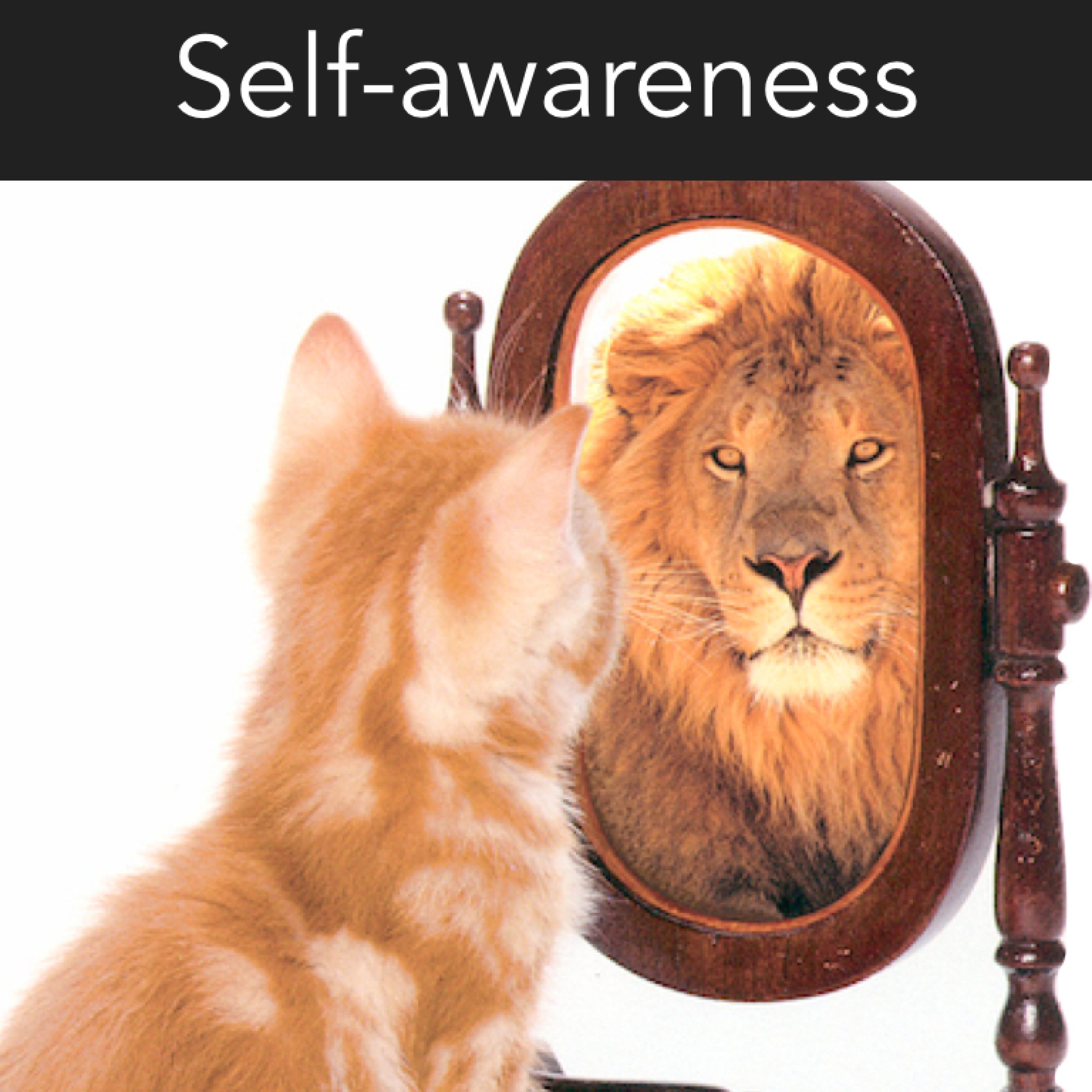More and more in my coaching sessions we are focusing in on self-awareness. In today’s fast-paced and constantly changing world with the pressures of work, relationships, and everyday life, it’s easy to lose sight of what truly matters: your own mental and emotional health. One of the most powerful tools to enhance your personal wellbeing is self-awareness.
What is Self Awareness? We could get caught up in lots of technical speak about self-awareness but put simply it means knowing yourself really well. Being able to understand your own thoughts, feelings, and actions. It’s knowing what makes you happy, what pushes your buttons and understanding why you do certain things.
Developing self-awareness can be like turning on a light in a dark room, allowing you to see yourself more clearly and make informed choices. The starting point for self-awareness is acknowledging your emotions. Many people suppress or ignore their feelings, but this can lead to stress and anxiety. By tuning into your emotions, you can identify triggers and learn to manage them effectively. This process empowers you to make healthier decisions and reduces the impact of negative emotions on your wellbeing.
As you become more self-aware, you’ll start to recognise patterns in your thoughts and behaviours, these patterns can be both positive and negative. For example, you might notice that you tend to procrastinate when facing challenging tasks, which is certainly something I have to pay particular attend to! Identifying these patterns allows you to take proactive steps to change them, improving your overall mental and emotional state.
Our Self-awareness also plays a crucial role in your relationships with others. When you understand your own communication style and how you come across to others, you can adapt your approach to create more meaningful and positive interactions. This, in turn, can lead to healthier relationships, reduced conflicts, and increased overall happiness.
Setting and achieving personal goals is an essential component of wellbeing. Self-awareness helps you align your goals with your values, strengths, and passions. It supports you to make decisions that are in line with your authentic self, leading to a greater sense of fulfilment and purpose.
Now that you understand the importance of self-awareness, here are some practical steps to improve it!
1. Practice Mindfulness: Engage in mindfulness or daily reflective practices to become more attuned to your thoughts and emotions.
2. Keep a Journal: Regularly write down your thoughts and feelings, reviewing your journal can reveal patterns and insights.
3. Seek Feedback: Ask trusted friends, family members or colleagues for feedback on your behaviours and communication style on a good day and a bad day – we all have them!
4. Self-Reflection: Dedicate time to reflect on your goals, values, and personal growth. Regular self-assessment helps you stay on track.
5. Embrace Challenges: Don’t shy away from challenging situations or uncomfortable emotions. They offer valuable opportunities for self-discovery and growth.
Self-awareness is a powerful tool that can greatly impact your personal wellbeing and professional development. If you are interested in adding this tool to your toolbox and hearing about my approach to enhanced self-awareness, please get in touch.
beth@bespokeconsulting.org or Beth Macleod | Careering Into Motherhood | Partner Coach
March 1, 2024

